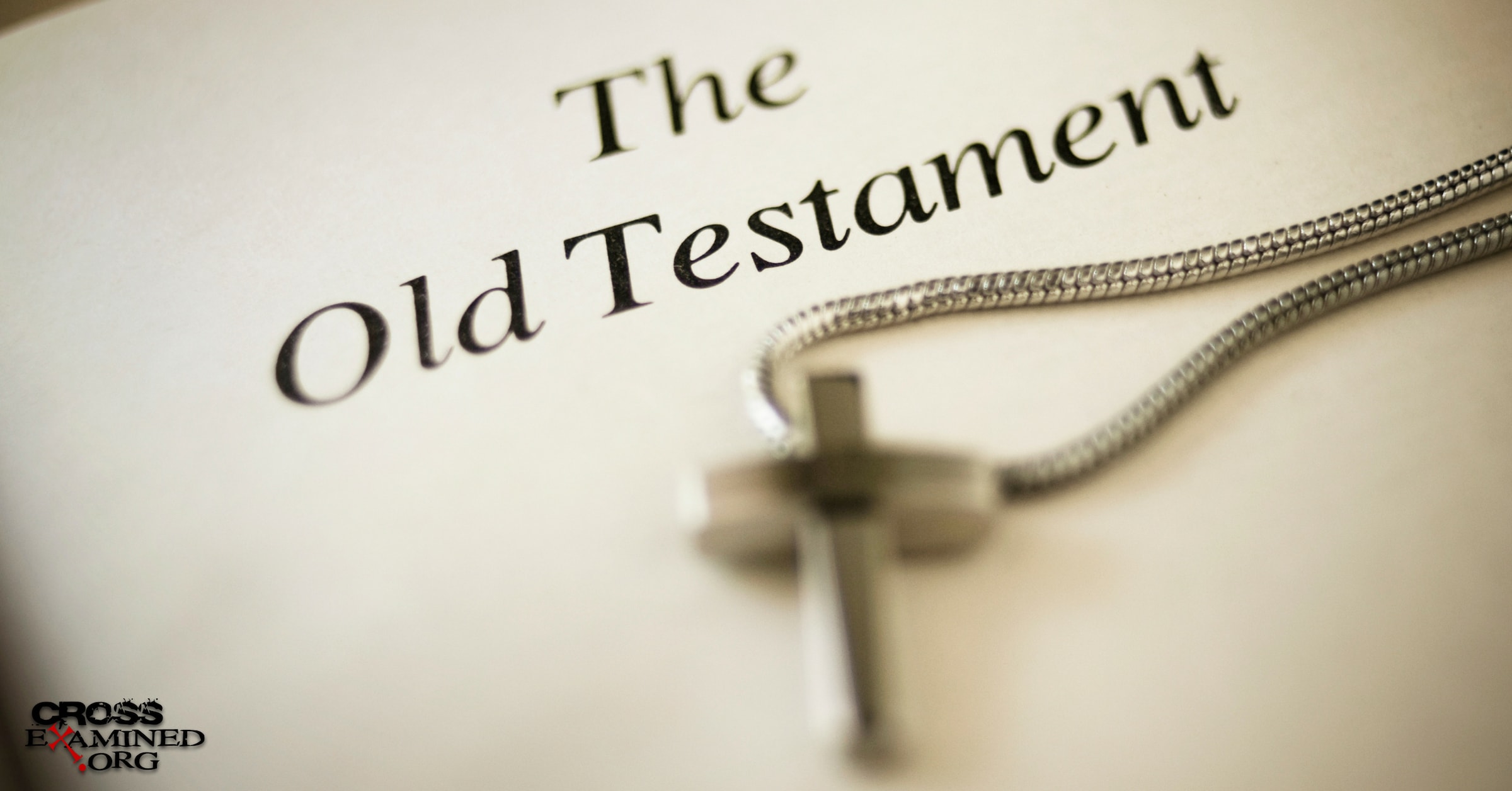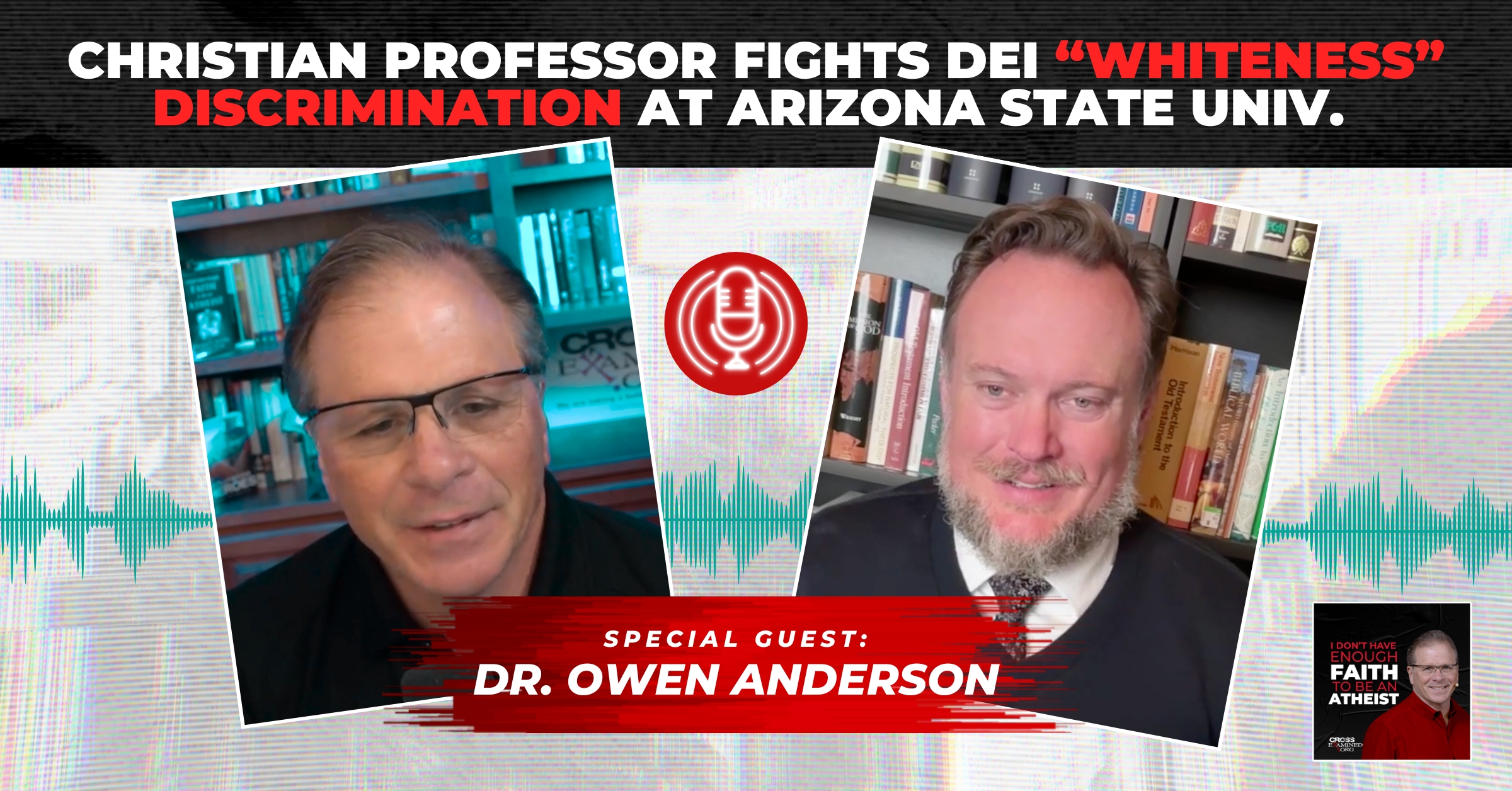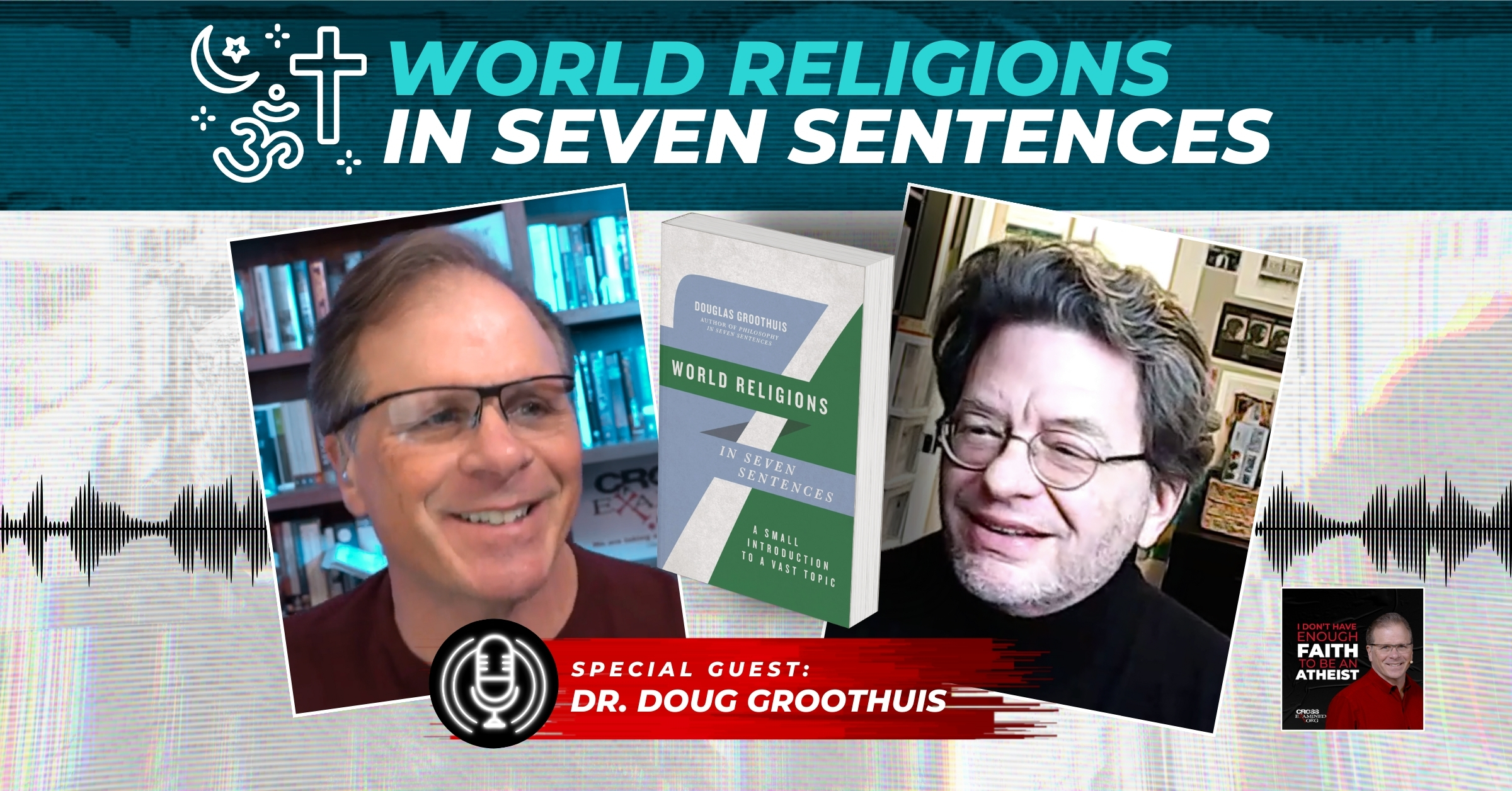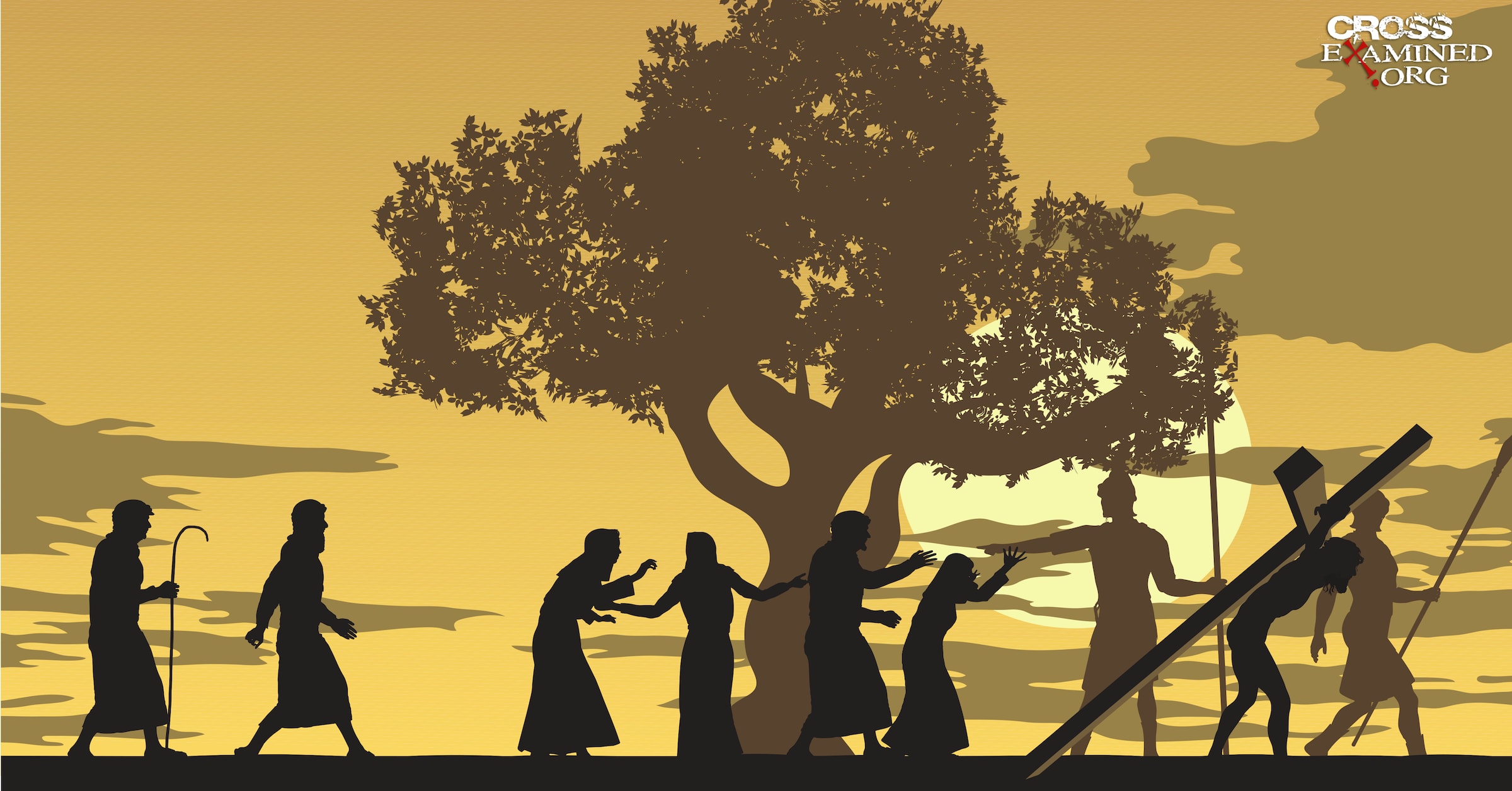The Deity of Christ in the Old Testament
Most readers of the Bible affirm that the New Testament unequivocally proclaims the deity of Christ. It’s hard to read texts such as John 1:1-4, John 8:58, Romans 9:5, or Hebrews 1:8, and come to any different conclusion. This clarity is why the Council of Nicea (AD 325) affirmed that the Son shares the exact same nature with the Father. That is to say, from the earliest times, the church affirmed the full deity of Christ, and rightly so.
Yet the Jewish expectation was for a human Messiah. After all, the Christ, according to the Old Testament, would come from the human line of David. Wouldn’t it make sense that the Messiah would be human as well?
Be that as it may, while the Old Testament predicts a future human Messiah, I believe it tells us to expect a divine Messiah as well. And to demonstrate this claim, I want to highlight four different texts — two from the Psalms and two from the prophets.
Psalm 45:6-7
Your throne, O God, will last for ever and ever; a scepter of justice will be the scepter of your kingdom. You love righteousness and hate wickedness; therefore, God, your God, has set you above your companions.
Notice a few key points. First, this Psalm is a wedding song and is addressed to a Davidic son who is about to take his bride.
Second, the psalmist addresses this song specifically to “the king” (v. 1) and at the same time calls him “God” (v. 6). That is, this Davidic son is both “king” and “God.”
Third, his description of this king is so superfluous — most excellent of men (v. 2), mighty one (v. 3), majestically rides forth in victory (v. 4), the nations fall at your feet (v.5), reigning eternally (v. 6), and nations will praise you forever and ever (v. 17) — that this cannot be a predictor of any mere human king.
Fourth, while the psalmist declares that this king is God in verse 6, in verse 7, he refers to his God. In other words, another person exists, beyond this king, who is also God. It seems the psalmist is planting Trinitarian seeds in this text.
And finally, the author of Hebrews applies this text specifically to Jesus. In Hebrews 1, the author declares the superiority of Jesus to the angels and then drives his point home in verse 8, “But of the Son he says, Your throne, O God, will last for ever and ever; a scepter of justice will be the scepter of your kingdom.” Hebrews emphatically states that it’s the Son who is the eternally reigning God described in Psalm 45.
Psalm 110:1
The LORD says to my Lord: sit at my right hand until I make your enemies a footstool for your feet.
This psalm of David is the most quoted Old Testament text in the New Testament. Jesus, striving to make a point to his contemporaries, references it in Mark 12:35-37 by asking:
Why do the teachers of the law say that the Messiah is the son of David? David himself, speaking by the Holy Spirit, declared: The Lord said to my Lord: Sit at my right hand until I put your enemies under your feet. David himself calls him Lord. How then can he be his son?
Jesus wanted his audience to understand the implications of David’s words. How could David refer to the Messiah as his Lord? Wasn’t the Messiah David’s future son? This claim — suggesting the son is greater and more authoritative than David — would no doubt have shocked the Jewish audience who always showed deference to the Father over the son.
Furthermore, notice, under the direction of the Holy Spirit (Mk. 12:36), David distinguishes between LORD (YHWH) and Lord (Adonai). That is, even though the Messiah would be Lord, there is another who is also LORD.
And finally, it was unthinkable, from a Jewish perspective, that a mere human could sit at YHWH’s right hand and rule from a position of authority. Make no bones about it. David said his Son would be divine.
Isaiah 9:6-7
For unto us a child is born, to us a son is given, and the government will be on his shoulders. And he will be called Wonderful Counselor, Mighty God, Everlasting Father, Prince of Peace. Of the greatness of his government and peace, there will be no end. He will reign on David’s throne and over his kingdom establishing and upholding it with justice and righteousness from that time on and forever.
Here are a few key points to consider: First, Isaiah exuberantly declares that this son — the one who will reign on David’s throne (an obvious reference to the Messiah) will be called “Mighty God.”
Second, Isaiah tells us that this son will reign eternally when he calls him “Everlasting Father” and tells us that he will uphold his kingdom of “justice and righteousness from that time on and forever.”
Third, the phrase “Everlasting Father” need not throw you off. No such Trinitarian terms existed at this point in redemption history. Rather, the term Father should be understood as one who provides (Job 29:16), guards (Isa. 22:11), and guides (2 Kgs. 2:21). By giving the Messiah the label of “Everlasting Father,” it was just one more way to declare his deity.
Daniel 7:13-14
In my vision at night I looked, and there before me was one like a son of man, coming with the clouds of heaven. He approached the Ancient of Days and was led into his presence. He was given authority, glory and sovereign power; all nations and peoples of every language worshiped him. His dominion is an everlasting dominion that will not pass away, and his kingdom is one that will never be destroyed.
Who is this son of man — this human-like figure who also has divine-like qualities? Daniel says he’ll come on the clouds of heaven which is always an expression to deity (Ps. 97:2; Isa. 19:1). This son of man will have all authority, glory, and sovereign power. All the nations will worship him, and his kingdom will last forever! Nobody can read this text and conclude that this Son of Man was not a divine figure.
Interestingly, during Jesus’ arrest, the Jewish leaders interrogated him by asking who he claimed to be. Here is Mark’s description of the conversation:
Again the high priest asked him, “Are you the Messiah, the Son of the Blessed One?” “I am,” said Jesus. “And you will see the Son of Man sitting at the right hand of the Mighty One and coming on the clouds of heaven.” The high priest tore his clothes. “Why do we need any more witnesses?” he asked. “You have heard the blasphemy.” — Mark 14:61-64
Truth be told, “Son of Man” was Jesus’ favorite title for himself. And here in Mark 12, Jesus most certainly claims to be the divine son of man figure in Daniel 7. We know this is the case because the high priest tore his clothes and accused Jesus of blasphemy.
The Deity of Christ in the Old Testament
Yes, the Messiah would come from the line of David. And yes, he would be human. But based on these four texts, we can confidently assert that the Old Testament also predicts a divine Messiah. And, of course, this is what we find in the New Testament. Jesus, while human, was fully divine as well.
Ryan Leasure holds an M.A. from Furman University and an M.Div. from the Southern Baptist Theological Seminary. He currently serves as a pastor at Grace Bible Church in Moore, SC.
Original Blog Source: http://bit.ly/2CGqRLJ












Leave a Reply
Want to join the discussion?Feel free to contribute!